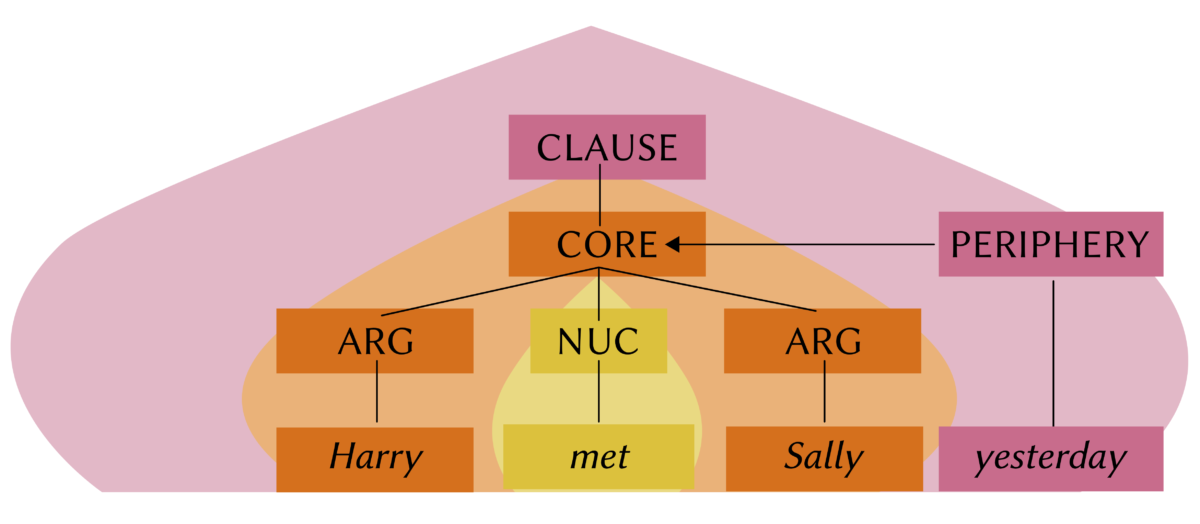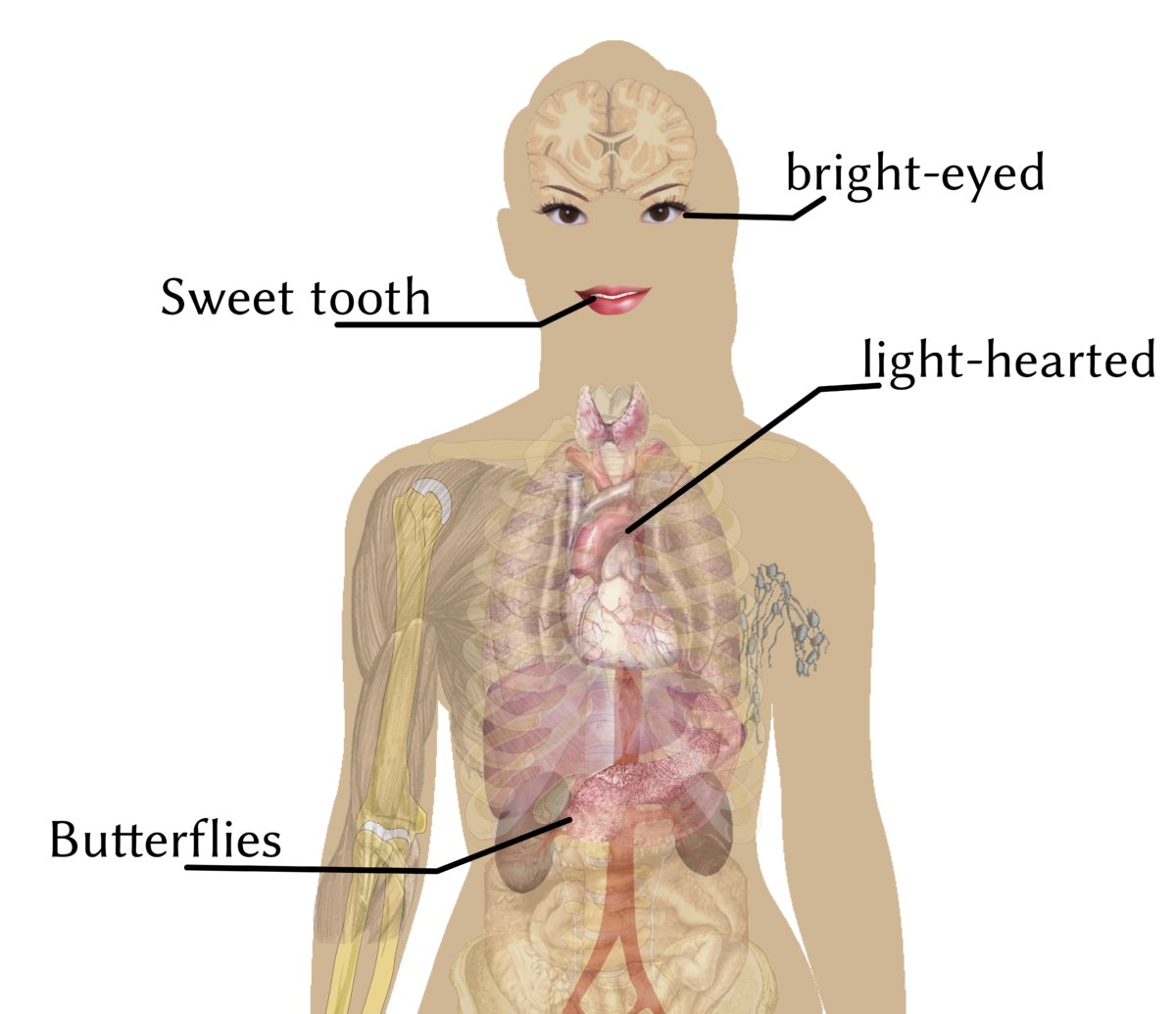I’m very excited about this year’s AFLA 2020. The organizers are doing a fantastic job at hosting it online. You can see the program and download all the slides here. There is also a youtube channel where all the talks have been posted. I haven’t been able to see all talks live so far, due to different time zones, but I have been very impressed with the quality of those talks that I have seen. It’s definitely worth taking a look. I used my slot to work on my greater narrative about how Oceanic languages can change our understanding about the relation between tense and modality, and between time and reality.
Author: admin
The German Olympic Linguists
I should have gotten around to this earlier, but here goes: Together with my colleagues at ZAS, Nathalie Topaj and André Meinunger, I organized the selection of the German team for the International Olympiad of Linguistics again this year, even though there it won’t take place this year.There is a short report on the ZAS homepage.
We have always been dealing with scarce resources, but this year, of course, also had to figure in the pandemic. We held all three rounds of competitions online. I missed talking to the students in present. Even so, I think we all had great fun with the puzzles. I had lots of help from colleagues in designing the puzzles, in particular Qiang Xia, Johanna Kimmerl, Christian Döhler and Sebastian Nordhoff, so we ended up with a fantastic range of languages and phenomena. I’m planning to make all puzzles accessible to the public eventually.
Multiverb constructions at the syntax-semantics interface
The last talk of 2019 was an invited talk in Düsseldorf, where I presented some of my recent work on adverbial serial verb constructions in Daakaka and beyond. You can download my slides here.
Out now: Expressing possibility in two Oceanic languages
We can often choose between more basic, highly grammaticalized, ways to express a given meaning, and more verbose ways of doing so. Thus, in English, we may say “Brenda can catch the train” or “it is possible that Brenda will catch the train”, with quite similar interpretations. In my article with Anna Margetts, we argue that expressions of possibility in Daakaka and Saliba-Logea correspond to it is possible that in terms of their syntactic complexity, but to can in terms of their paradigmatic properties, frequencies and meaning. Look at the publication here or download the preprint.
Paradigms and rules
I was invited to the University of Potsdam to talk about some of my recent work on morphology. I took the opportunity to discuss some of my observations about word-like properties of complex phrases, in particular the way they combine into word-like paradigms. You can see my slides here.
How many books fit into a suitcase?
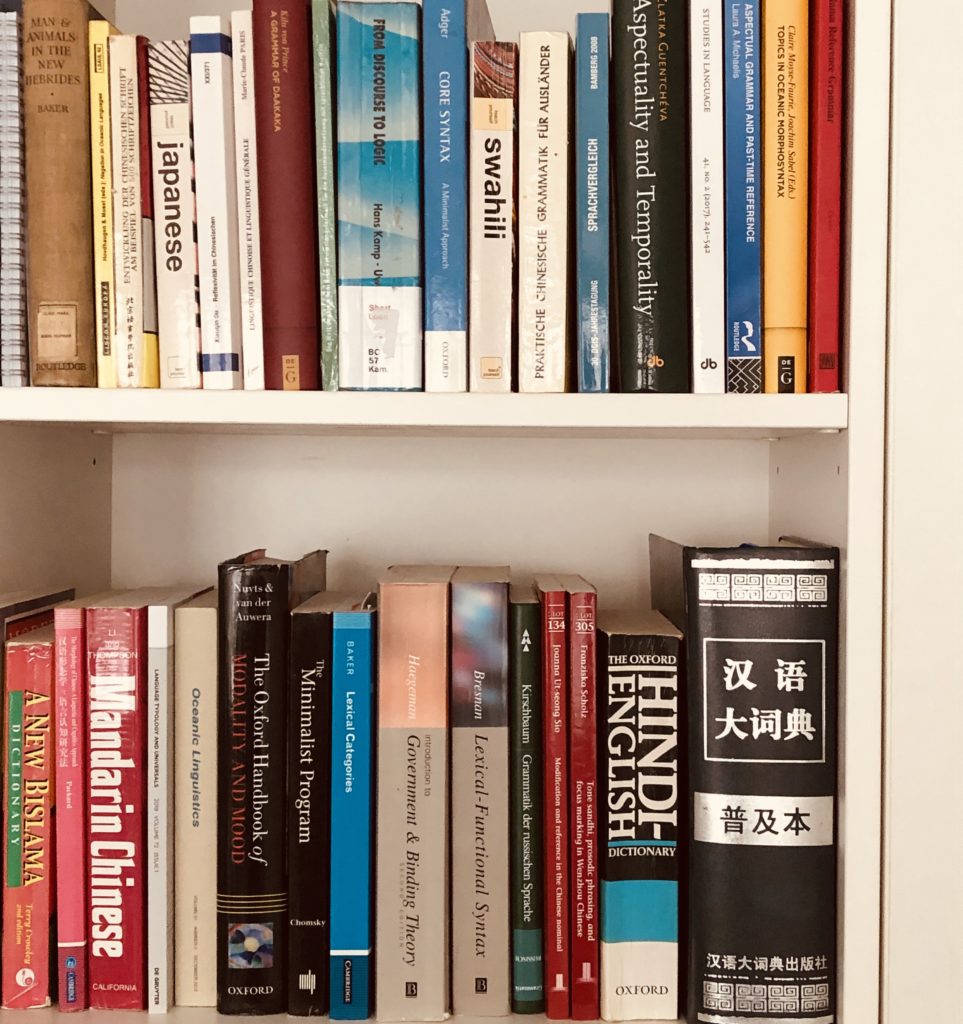
Turns out, not that many. I’m moving offices from HU to ZAS right now, and it will take a few more trips through Berlin Mitte before the handsome shelves of my new office are filled. I’ll post more about my new position and rewrite my landing page as soon as I’ve figured out who I am right now, so watch this space.
Reciprocal strategies in a language without reciprocal markers
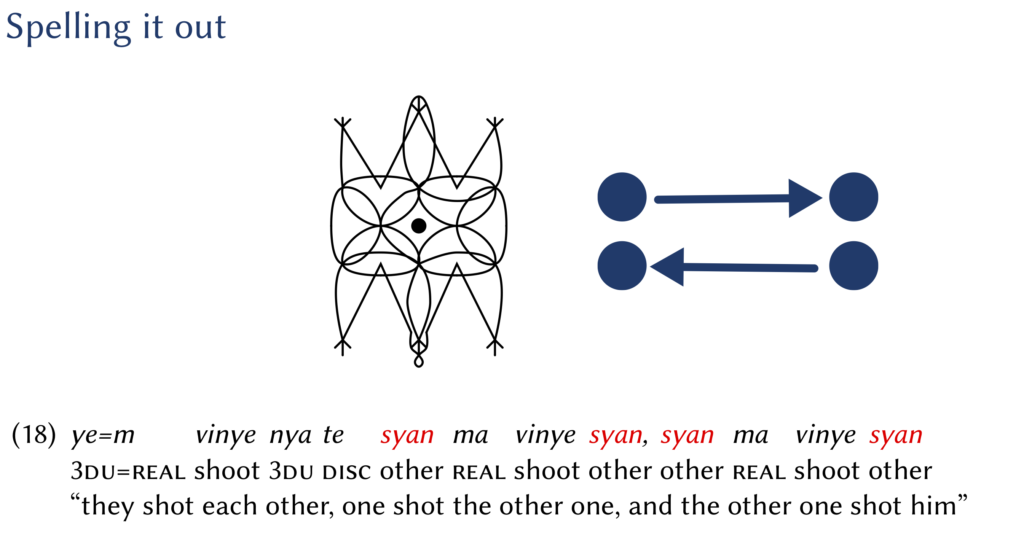
There was a very enlightening small workshop on reciprocals in Utrecht just now. I was invited to talk about reciprocals in Daakaka, which was an interesting assignment since Daakaka does not have reciprocal pronouns or verbal reciprocal morphology. Speakers do not have to distinguish between reciprocal, reflexive and regular transitive structures. There are however things they can do to facilitate, or force, reciprocal interpretations. Look at my slides to find out more.
Out now: Public access to research data in language documentation
There was an expert-only workshop in Cologne in 2016 on Open Access and Open Data, which had the goal to produce a white paper with recommendations on best practices for publishing Data from language documentation. This paper has now been published in Language Documentation and Conservation and is freely available here.
Linguistics and ideologies in თბილისი

There was a wonderful small conference on Ideologies and Linguistic Ideas in beautiful Tbilisi last week, and I’m very happy I had the opportunity to team up with my colleague Marcin Kilarski to present some of our work on bias and ideologies in old and new debates on linguistic complexity. I also learned a lot about the role of ideologies in the history of linguistics, which is new and exciting territory to me. Download our slides here.
Realis and Irrealis at ALT, Pavia
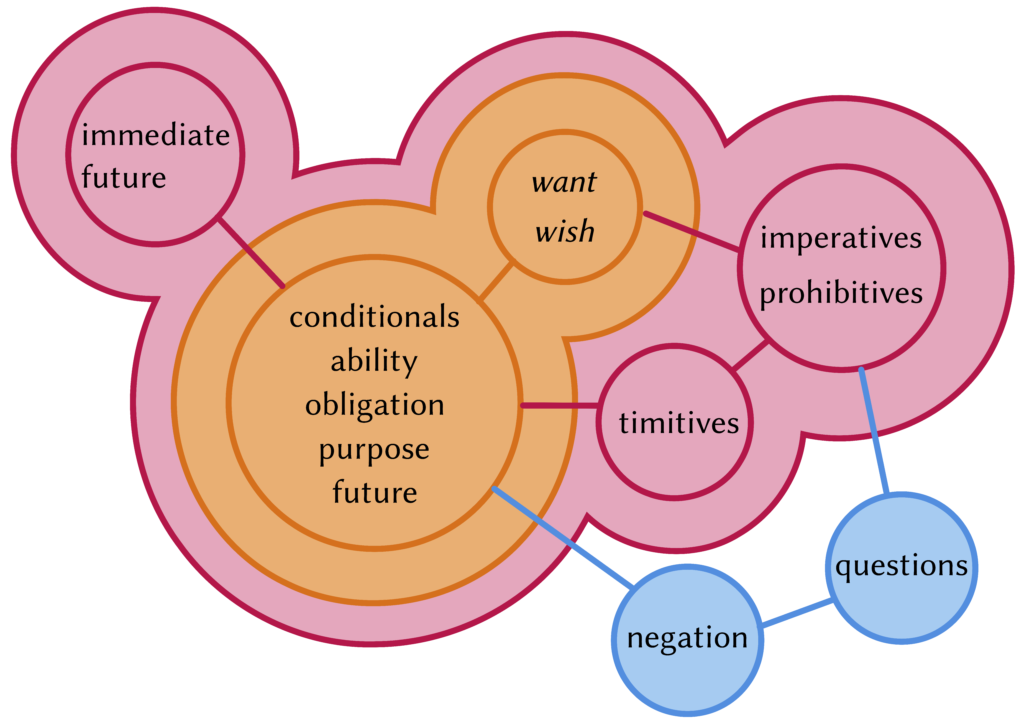
I heard many fantastic talks at this year’s ALT in Pavia and had some very inspiring conversations. The talk I gave was about realis and irrealis in Oceanic and beyond, and you can download the slides here.

